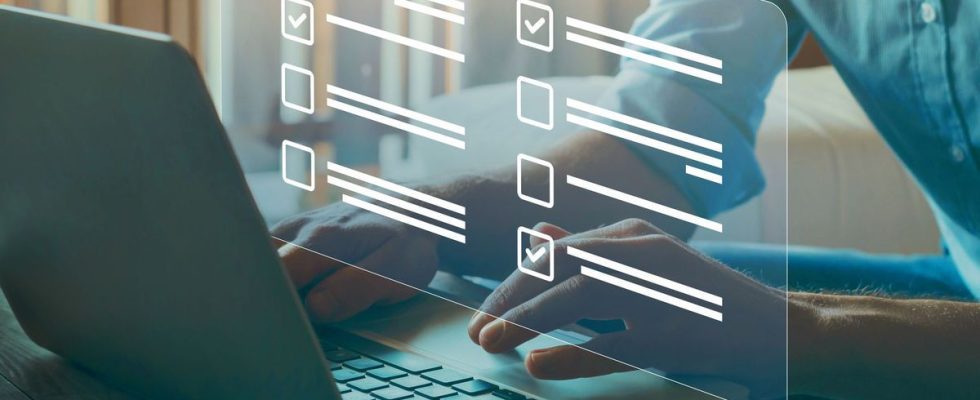Published on
Updated
Reading 3 mins.
in collaboration with
Me Nathalie Beslay (Lawyer)
Scientists from Duke University, in the United States, have become interested in the fact that specialized brokers collect information on the physical and mental health of individuals, to resell it. A legal practice in the United States, which is prohibited in France.
In the United States, it is legal for brokers to collect health data on the internet to resell it later.
Protect your health data
It can be tempting to share a health problem, on a forum for example, to find help, support or some answers to questions you might have. If by posting this kind of message, the majority of people do not think badly, the information shared on his health is found in full view of all, once on the Web.
In the United States, it is even legal for brokers to collect them for the purpose of reselling them. The Duke University researchers highlight in their work that information such as the names and addresses of people diagnosed with depression, anxiety, post-traumatic stress disorder or bipolar disorder (as well as their treatments!) are sold by data marketers. Although it is legal, many people are unaware of this type of practice.
What is the impact of this type of practice?
According to the academics, some patients refuse to treat themselves for fear that this information will be disseminated. For example, someone with insomnia or anxiety who wants to use an app to help themselves may be reluctant to do so if they learn that their health information could be sold. Which could have an impact on different areas of his life, such as an increase in his insurance policy, for example.
If in the United States, the sale of health data is not illegal. In France, this type of practice is prohibited, as confirmed by Maître Nathalie Beslay, a business law lawyer in Paris, specializing in health. “In France, everyone is free to express and disseminate what they want in terms of health. On the other hand, health data is sensitive and its protection is extremely reinforced” notes the lawyer. “Those who have access to it, such as site editors, in the case of forums for example, cannot however do what they want with it: this information is protected”.
Criminal risk in the face of misappropriation of health information
And if they indulge in this little game, they risk a lot. Indeed, continues Master Beslay, “companies that capture health data to do something else with it, somehow divert them from their primary use, expose themselves to a criminal risk. For an insurer, for example, it is strictly forbidden for him to increase the cost of insurance based on this”.
Beware of data exposure!
If large companies do not risk this type of practice, given the stakes, it is not impossible on the other hand that other individuals seize this information which can play against an individual. “The risk is not necessarily a very large-scale use, but it can be a more personal use, such as an employer, an ex-spouse, children… who could seize their data to play against a person” warns the lawyer, who calls for everyone to be responsible for the disclosure of their data… which it is better to keep to yourself, therefore. It is also the duty of health actors to guarantee the confidentiality of medical information, protected by medical secrecy, regardless of the medium used for their storage (paper or electronic medium).
